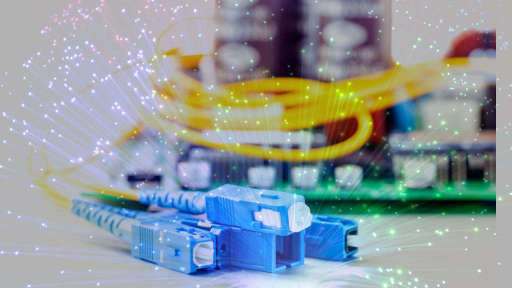The Importance of 5W1H in Basic Communication
When conversing with Japanese people, being conscious of the 5W1H can reduce the chances of miscommunication. The 5W1H refers to a framework that includes the following elements. Let's understand the content with example sentences.
- Who: "I have received instructions from our leader, Mr. ~."
- What: "I was told to fill out this document, but I don't understand the content."
- When: "Could you please explain the instructions you gave me earlier once again?"
- Where: "Today's work involves loading and processing materials at Worksite B."
- Why: "Why is that procedure necessary?"
- How: "How should I carry out the work?"
By clarifying the 5W1H, you can convey your message effectively in both work and private situations. For example, saying, "Yesterday, I received instructions from Mr. ~, and I am currently unloading materials. However, I heard that the work content will change from this afternoon. Who should I ask for more details?" would be understood by anyone.Basically, communication can be achieved even with simple words. Therefore, if you feel that your words haven't been understood by others, it's important to try communicating using simple words without using difficult expressions.
Learn Simple and Easy Words First
Whether in private or at work, it's crucial to remember and use commonly used words. For instance, words like "dangerous," "thank you," "happy," and "sad" are simple and frequently used.In a work context, phrases like "What should I do?", "May I start?", "I'm finished" are easy for both Japanese people and other foreigners to use. Additionally, if you quickly learn industry-specific terms and their meanings, communication at work will become significantly easier.
Make a Habit of Using Japanese Even in Private
When working in Japan, it's rare to use your native language. Therefore, by making a habit of using Japanese when talking to Japanese people or other foreigners, communication will become smoother.For example, you might use your native language when talking to your family back home, but consciously using Japanese during work and private situations will make it easier to learn the language. Also, when engaging in conversations, it's important to speak slowly at a pace that can be easily understood, even if it's concise. By avoiding the use of expressions you don't understand and focusing on ways of speaking that are clear to the other person, you can facilitate smooth communication.
Three Key Points for Communicating Effectively with Japanese People
In the case of Japanese people, they often don't clearly express their intentions or feelings. Therefore, as a foreigner, you might find yourself thinking, "I want to clearly understand the purpose or procedure, but it's not specific." Here, we will explain how to deal with such situations and other related matters.
Don't Leave Ambiguous Instructions Unaddressed
Even among Japanese people, ambiguous instructions and expressions often lead to trouble in communication. Especially in work situations where quantities are clearly defined, if you don't understand the instructions, it's important to ask for clarification.Moreover, when asking for clarification, it's important to use polite words like, "I couldn't fully grasp it from the first explanation; could you please explain it once more?"
Communicate Your Level of Language Understanding
It's also important to communicate your level of Japanese comprehension to the Japanese people you frequently interact with at work. For example, if they understand that "I can listen but can't speak much" or "Short phrases are okay," they are more likely to choose a way of speaking that matches your level.Even if the company hasn't advanced in providing communication training for dealing with foreigners, you can communicate effectively by thoroughly using considerate language that takes the other person into account.
Continue Learning, Even if It's Just Words
Depending on the work you are engaged in, learning a second language like Japanese requires "listening, speaking, and writing." However, it may be difficult to continue learning while working.In that case, it's important to prioritize learning "words used in work" and "words that convey feelings or states to others." For example, even if you say "I don't understand," there are various options, such as:
- Work (including some content)
- Words (the words themselves, the flow of the conversation, explanations)
Therefore, it's necessary to clearly convey "what you understand up to what point, and what you don't understand." To do so, it's important to learn words that you can use to ask the other person or solve your own doubts as soon as possible.For those who want to know more about communication in Japanese, please refer to this article.
Conclusion
In communication with Japanese people, being conscious of the 5W1H and conveying information clearly helps prevent misunderstandings. Learn simple and commonly used words first, and quickly study industry-specific terms.Also, by making it a habit to use Japanese daily and speaking slowly and concisely, smooth conversations become possible. Confirm ambiguous instructions, and by communicating your level of language understanding to the other person, interactions can proceed smoothly."If you want to work in Japan but are struggling with the language barrier," please consult with us. Peregre Works will support you so that you can start working in Japan with peace of mind.
















